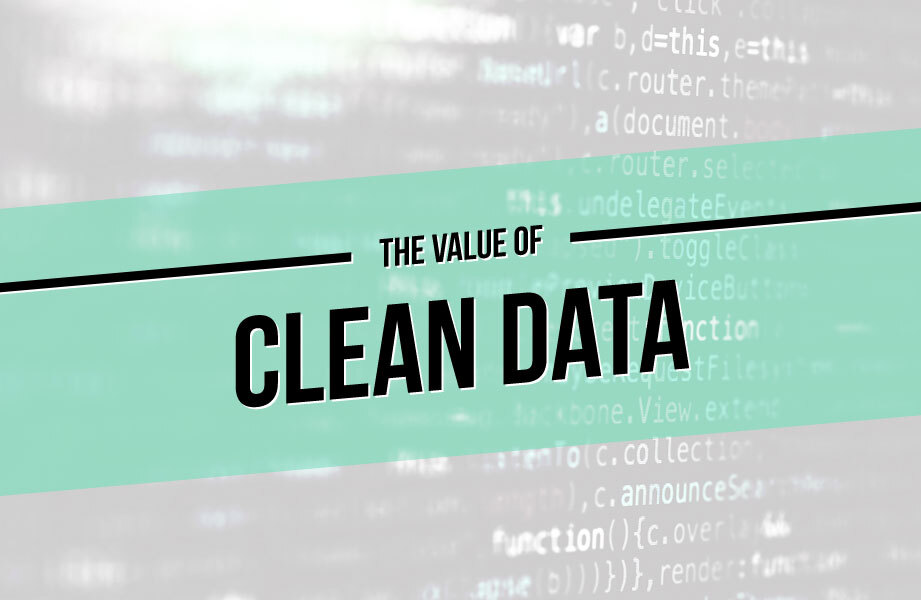
In the modern business environment, we increasingly see firms using a complex web of tools and systems to gain efficiencies. It is a trend that we have seen repeated over the past few decades in multiple industries but seems only to be accelerating at breakneck speeds.
Acquisitions are rampant right now as companies look for ways to create a “platform” solution that offers everything a customer needs in a single service offering. You have entire companies (such as AwesomeAPI) whose sole mission is to build integrations between tools to enable data flow between systems. When something works as designed, it feels amazing!
However, there isn’t a more deflating feeling than identifying the proper tools, getting everything configured, and experiencing successful test cases only to see it crumble when attempting to scale it using real-world data. Why does that happen? In most cases, it is as simple as the adage of “Garbage in, garbage out!” Too often, we take for granted that we have good data to work with. We just assume that we can do all the things we want because “we have the data.” We are in the midst of a global arms race relating to capturing and leveraging data.
How To Keep Your Law Firm’s Data Clean and Relevant to Your Business
When it comes to preventing and rectifying the effects of bad data, there are a few basic steps that you should implement:
- Establish a single source of truth. There are a variety of tools that are vertical-specific and many that are industry agnostic. The point is that you need to identify a tool that is flexible and can act as your single source of truth. This could be a CRM tool, a lead management tool, or a Case Management System. When making a decision about what should be your truth center, evaluate the tool’s ability to receive and send data from other tools.
- Create processes that foster proper data collection. Automation is a powerful tool and one that should be leveraged; however, I would suggest that there be checkpoints along with your processes that allow for quality control. You don’t want to create bottlenecks, but managers should have the ability to “pick up the data on your virtual assembly line” to inspect it and ensure that actual results are matching desired results.
- Start with focus and expand from there. I have been in countless meetings where a conversation goes sideways as people try to plan for edge cases that may never happen. While it is certainly important to be prepared to handle data from a variety of sources, it is more important to understand what is core and essential to your business and build the process around those requirements in mind. The intake process is a great example of this because there is a myriad of ways to approach this. You might have a basic form because your process dictates that you call every lead where additional information is gathered, or you might have a multi-step form that helps qualify them during the submission process. Establish what is important to you and ensure that new lead channels or data processes fit the mold you have set.
- Consult with an expert. The way we use data is changing all of the time. At one point, the Rolodex was the premier source of truth, and you were limited to calling a person or sending them a Christmas card. That is not the world we live in today. Sometimes it is helpful to talk to someone that knows how to use data and understands what is needed for marketing purposes and retargeted ads. Other times your focus might be more focused on customer follow-up. Talk with an expert that can help shape your core requirements and focus and show you the light so that you don’t stumble along in data darkness.





